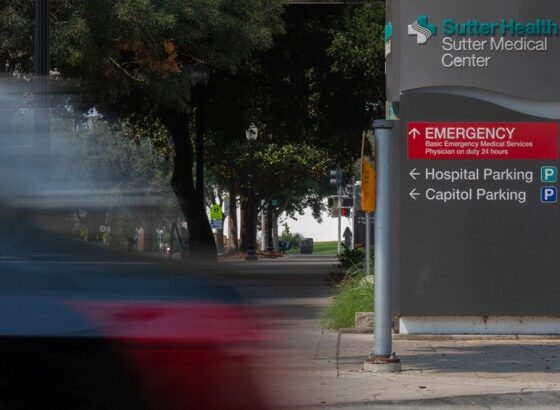By Sarah Kliff, Washington Post
Fifty percent of Americans now say they oppose the Affordable Care Act. This is the highest number that Kaiser Family Foundation’s poll has seen since October 2011, when Republicans were in the midst of a primary cycle and lots of anti-Obamacare rhetoric was in the air. The easiest explanation for the recent upswing in negative sentiment would be that lots of Americans tried, but failed, to buy insurance through HealthCare.gov. They ran into technical barriers that plagued the site in October and November. But Kaiser’s data don’t really bear out that thesis. There’s actually only been a tiny uptick in the number of Americans who say the health-care law has affected their lives over the past three months. A full 59 percent of Americans still report no personal experience with the law.
Most Americans don’t know that Obamacare has, at this point, pretty much fully taken effect. When surveyed in January, after the insurance expansion began, 18 percent said they thought “all” or “most” provisions of the Affordable Care Act had been put into place.
There’s lots of confusion, too, about what policies are and aren’t part of the health-care law. Most Americans know there’s a mandate to purchase health insurance. A lot fewer are aware that the law provides financial help for low- to middle-income Americans (the tax subsidies) or gives states the option of expanding Medicaid.
For many Americans – particularly the 68 percent who get coverage through their work, Medicare and Medicaid — the launch of the exchanges probably doesn’t affect their coverage situation. They’ll continue getting insurance in 2014 just the same way they did in 2013. For them, an expansion of Medicaid or an end to the denial of coverage for people with pre-existing conditions isn’t a big change (unless, of course, they lose their current coverage).
So what’s driving the negative opinions of Obamacare? The Kaiser survey does point to one potential culprit: negative news coverage. More Americans say they’ve seen stories about people having bad experiences with the Affordable Care Act than good ones.
Politico’s David Nather had a great line on this recently, in a story about the very high bar for success stories about the Affordable Care Act.
“Here’s the challenge the White House faces in telling Obamacare success stories: Try to picture a headline that says, ‘Obamacare does what it’s supposed to do,’ ” Nather writes. “Somehow, the Obama administration and its allies will have to convince news outlets to run those kinds of stories — and to give the happy newly insured the same kind of attention as the outraged complainers whose health plans were canceled because of the law.”
We don’t have a great sense yet of what type of experience Obamacare’s new enrollees are having — whether they’re disproportionately bad or if the bad stories are just more interesting to cover. But the more negative news coverage does seem to have played some role in the recent uptick in negative opinions about the new law.


